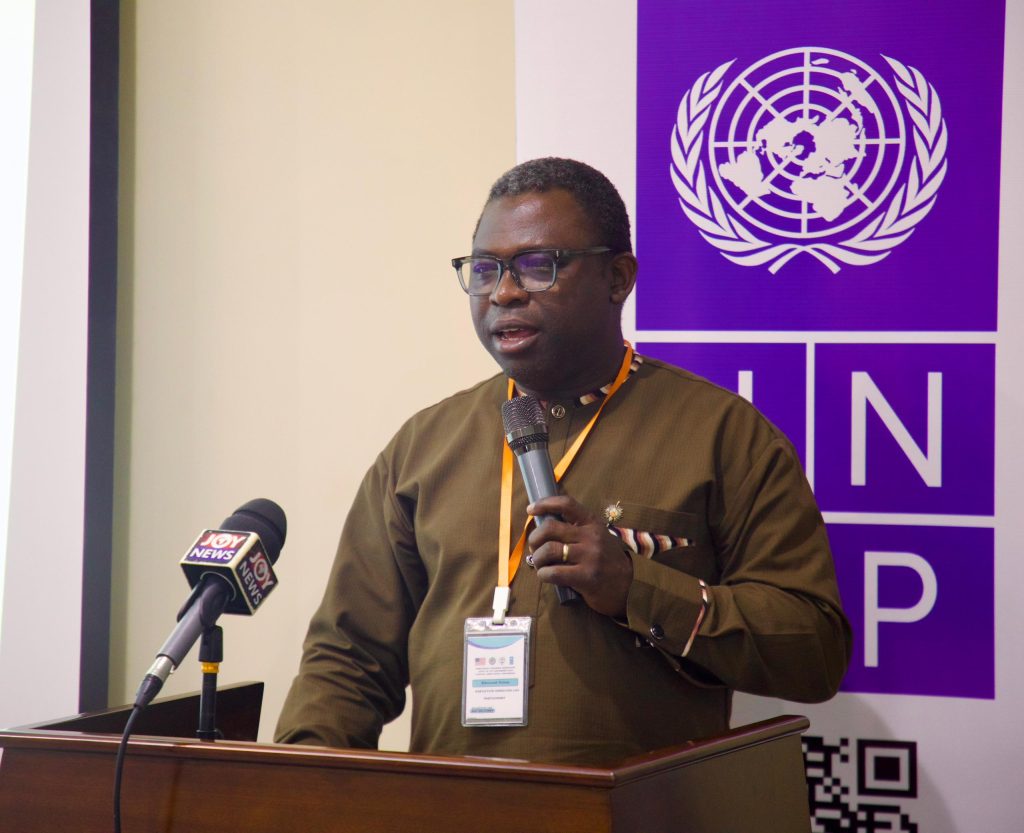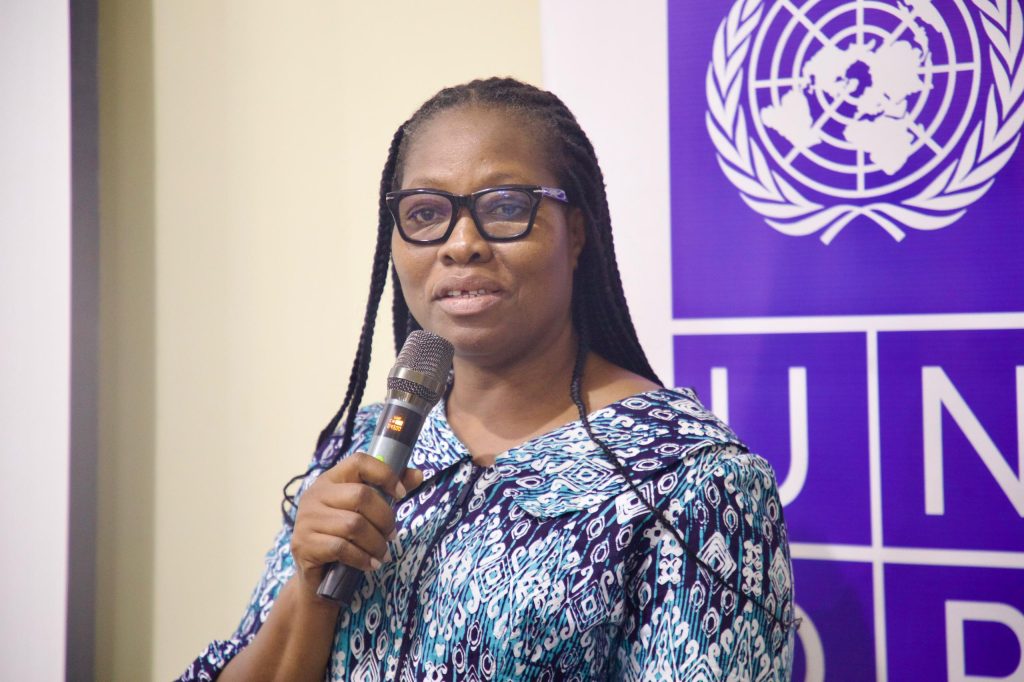By D.I. Laary
Koforidua, Oct. 31, GNA – The United Nations Development Programme (UNDP) has collaborated with the Legal Aid Commission (LAC) to organize paralegal training designed to empower volunteers and LAC personnel to assist poor and vulnerable individuals in accessing legal aid services.
The paralegals, who are to provide front-end services at police stations and work with prison officers, will learn about investigation and prosecution processes and components of common crimes.
Funded by the International Narcotics and Law Enforcement Affairs, the workshop is hosting about 48 participants, including volunteers, national service personnel and personnel of administrative staff of LAC to empower them to improve access to justice for the most disadvantaged populations.
Speaking during the opening session in Koforidua, Mr. Edmund Foley, the Executive Director of the Legal Aid Commission, highlighted the vital importance of paralegals, comparing them to paramedics who provide immediate support in urgent situations.
“Just as paramedics stabilize patients before transferring them to medical personnel, paralegals stabilize legal situations for those at risk of losing their freedom and rights,” he said.
Therefore, he noted, that the collaborative workshop was carefully designed to strengthen the capacity of participants to deliver effectively in their roles and increase access to justice for the poor
and vulnerable by addressing this glaring gap in legal representation.
Article 294 of Ghana’s 1992 Constitution mandates the provision of legal assistance, legal aid, and legal awareness to all citizens, yet many Ghanaians remain underserved.
The Legal Aid Commission due to a shortage of attorneys, relies heavily on trained paralegals to bridge the gap.

Mr. Foley emphasized, “You have been carefully chosen to be empowered and educated to offer this frontline service.”
The training programme, which spans five days, would help equip participants with knowledge about the Ghanaian legal system, criminal law essentials, and elements of crime.
With this knowledge, he noted that they would be better equipped to advise individuals upon arrest and ensure fair treatment, stressing the critical role of paralegals and that any misstep could have dire consequences.
Therefore, he encouraged the volunteers, national service personnel and administrative personnel going through the training to approach the facilitators with any questions, thereby fostering an open learning environment.
“The worst thing an accused person can receive is wrong advice. Focus on your training; it is crucial,” he added.
Mrs. Jennifer Asuako, a UNDP programme analyst on gender and human rights, reinforced the collaboration’s alignment with the UN Sustainable Development Goals (SDGs), particularly in reducing poverty and inequality.
“Access to justice is essential; it empowers individuals against exploitation,” she stated, pointing out how the legal system often failed those who lack resources.
She stressed that the International Narcotics and Law Enforcement Affairs under the U.S. State Department provided crucial funding for this initiative expected to be extended to various parts of the country.
“We envision expanding justice initiatives to other regions of Ghana, addressing systemic disparities in the provision of legal services.”

Presently, she noted that legal aid was highly concentrated in urban areas of the country, leaving several rural populations underserved.
“For example, in Wa, we have only one legal aid lawyer,” she noted, highlighting the pressing need for expanded services to poor communities.
She also pointed out best practices from countries that have effectively utilized paralegals to deliver justice to marginalised populations.
In 2018, the Legal Aid Commission organized a dialogue that included participants from Malawi and Sierra Leone, showcasing their successful paralegal systems.
From these interactions, she said, Ghana had begun implementing frameworks and guidelines to harness paralegals effectively within the legal aid delivery structure.
This ongoing training is just the beginning as the UNDP and LAC plan to train an additional 70 paralegals for the Ghana Prison Service to support individuals in custody.
As an industry-wide push for reform in Ghana’s legal aid takes shape, the commitment to enhancing paralegal services signifies hope for transforming access to justice in the country.
Through robust collaboration, innovative training, and community engagement, Ghana’s Legal Aid Commission is poised to address existing challenges and pave the way for a more equitable legal landscape.
“By ensuring that no one is left behind, we move closer to achieving SDG goal 16.3,” Mrs. Asuako added, emphasizing the broader impact of this vital work.
GNA
